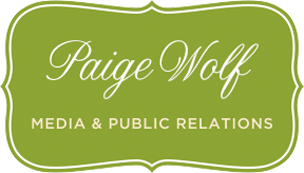
We spend eight hours each night sleeping—totaling almost one-third of our lives.
But our mattresses and bedding can contain chemicals that can actually have negative health consequences, potentially limiting the body’s innate ability to preserve our health—not to mention exposing us to toxic chemicals linked to cancer, fertility problems, hormone disruption, and more.
The problem is that it’s hard for people to figure out which bedding is safe versus what’s not, with no labeling and very little information available.
Enter Detox Your Sleep, a new ground-breaking report from Made Safe on toxic chemicals in bedding and safer alternatives. It’s a first-of-its-kind report to look at the materials that make up what we sleep on and how they affect our health, with a comprehensive look at the safer alternatives.

For example, did you know:
- Most mattresses are made of polyurethane foam, which is treated with flame retardants, linked to endocrine disruption, lower IQ, hyperactivity, altered sexual development, fertility issues, thyroid dysfunction, and cancer.
- Because polyurethane foam is highly flammable, the addition of flame retardant chemicals is necessary to meet mattress flammability standards. Natural materials like wool and cotton are generally less flammable than polyurethane foam and don’t require extra flame retardants.
- Foam mattresses off-gas volatile organic compounds (VOCs), including a chemical manufactured with phosgene, a poisonous gas originally used as a chemical weapon in WWI that was responsible for many deaths.
- Baby mattresses are often made with waterproof vinyl, which can off-gas plasticizing phthalates and harmful VOCs directly into the baby’s sleep environment.
- Sheets labeled “wrinkle-free,” “no wrinkle,” “no iron,” and other terms can contain a finish of formaldehyde, which is a known carcinogen.
Check out Detox Your Sleep for safer alternative materials, and MADE SAFE certified bedding options from Naturepedic, Coyuchi, and other brands.













